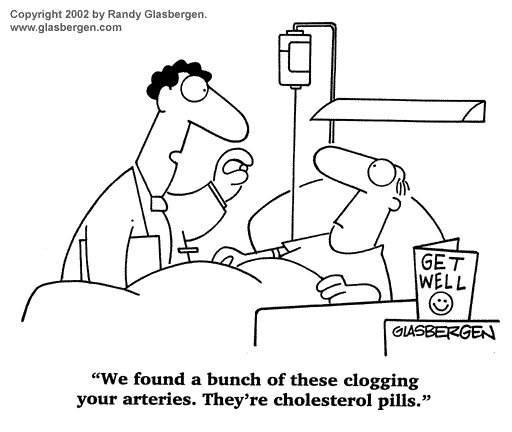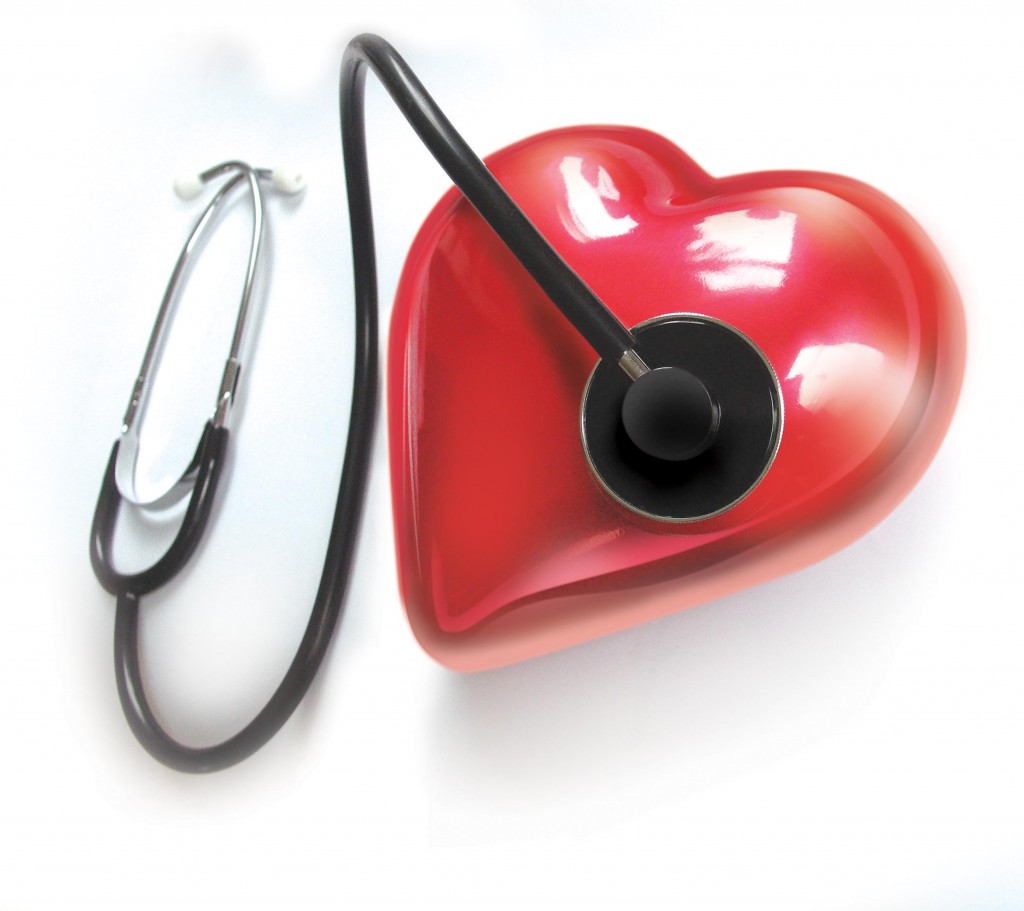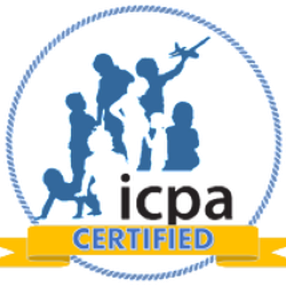The Truth About Sunscreen

While we know that sunscreens prevent sunburns, beyond that simple fact surprisingly little is known about their safety and efficacy. The letters SPF mean “sun protection factor” and refer only to protection against UVB radiation, which burns the skin. It has nothing to do with UVA radiation that penetrates deep into the skin, accelerates skin aging and may cause skin cancer.
It’s also important to note that no SPF (not even 100 SPF) offers 100 percent protection. The difference in UVB protection between an SPF 100 and SPF 50 is marginal (SPF 100 blocks 99 percent of UVB rays, while SPF 50 blocks 98 percent). A sunscreen’s SPF number is calculated by comparing the time needed for a person to burn unprotected with how long it takes for that person to burn wearing sunscreen. So a person who turns red after 20 minutes of unprotected sun exposure is theoretically protected 15 times longer if they adequately apply SPF 15.
So, what’s the problem with sunscreen? As a society we have been taught to avoid the sun -which helps our bodies naturally produce Vitamin D- and instead put chemical laden lotions on in hopes of reducing one type of cancer (skin) that is not commonly fatal. As a result, Americans are now vitamin D deficient which can lead to a multitude of health problems.








